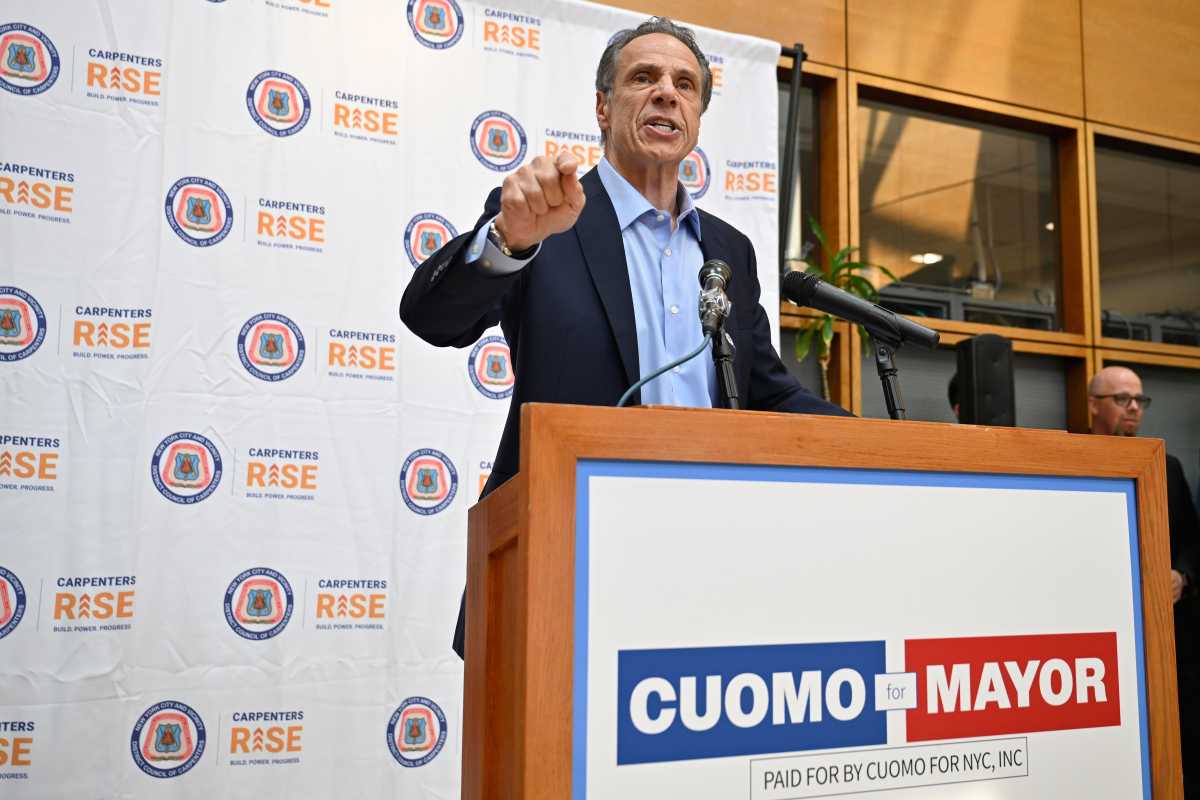Luger Nodar Kumaritashvili’s heartbreaking death in the Vancouver 2010 Olympic Games, sorrowfully, illustrates the tight-rope of life traveled by our intrepid heroes in their voracious quest to celebrate life and all of its wonderful possibilities.
The 21-year-old from the Republic of Georgia set the bar in fortitude and indomitable spirit when he succumbed to a practice run at the precarious Whistler Sliding Centre, leaving fellow contenders to, miraculously, rise above their grief and perform jaw-dropping feats of skill and endurance that the rest of us can only marvel at.
Something deep in the soul of mankind gravitates towards the Olympic Games. Even non sports-lovers are hooked. The primal instinct of people to do their best, and be rewarded in return, is the hallmark of this extravaganza whose reach extends far beyond that of a simple sports event.
The Olympics are a reminder that the human spirit is unconquerable, and to be shared through physical contact. That people and nations can set aside their differences and bond over the physics of activity. That sportsmanship can exist for the sake of it. That competition and rivalry ripple on the same heartbeat. And, that all is not lost as long as we have the Olympics.
The games are unsurpassed in taking the participant and spectator on a riveting journey to the plateau of action, beginning with the first recorded Olympics in Olympia, Greece in 776 BC.
Frenchman Baron Pierre de Coubertin revived the games and helped launch the first modern day challenge in 1896 Athens, Greece, to connect contenders on an independent stage in a “pristine atmosphere, untouched and untroubled by politics, anti-Semitism, racism, fascism, ill-will to others, no discrimination of any kind, no rivalries, and where all sportsmen are equal.”
Held in April, the games offered 42 events in nine sports and attracted 245 athletes from the United States, Great Britain and 11 other countries.
Since then, the Olympics have become the earth’s greatest spectacle, assembling the ideals of courtesy, benevolence, regard, fair competition, sportsmanship and motivation under one roof; principles the rest of humankind has grappled with throughout its tempestuous history without success.
Even without a medal, Olympic athletes are winners because of their magical ability to inspire us.
Why does a sprinter coursing along a track like a panther, a swimmer surging through water like a fish, or a gymnast dancing on a high beam like a human ribbon invoke “oohs” and “aahs” while intellectual masterminds are dismissed with a shrug?
Our psychological and technological advances are no match for the physical realm which commands more attention, for it is harder to stretch the limits of the human body than of its mind — and the reason why athletes are selected over rocket scientists to grace a box of Wheaties.
Whether in the street, the conference room or the stadium, competition is the fuel that separates the good from the greatest.
Nowhere is that better exemplified than in the Olympics Games, and in athletes such as Nodar Kumaritashvili, who should be awarded a posthumous medal for his supreme sacrifice.























